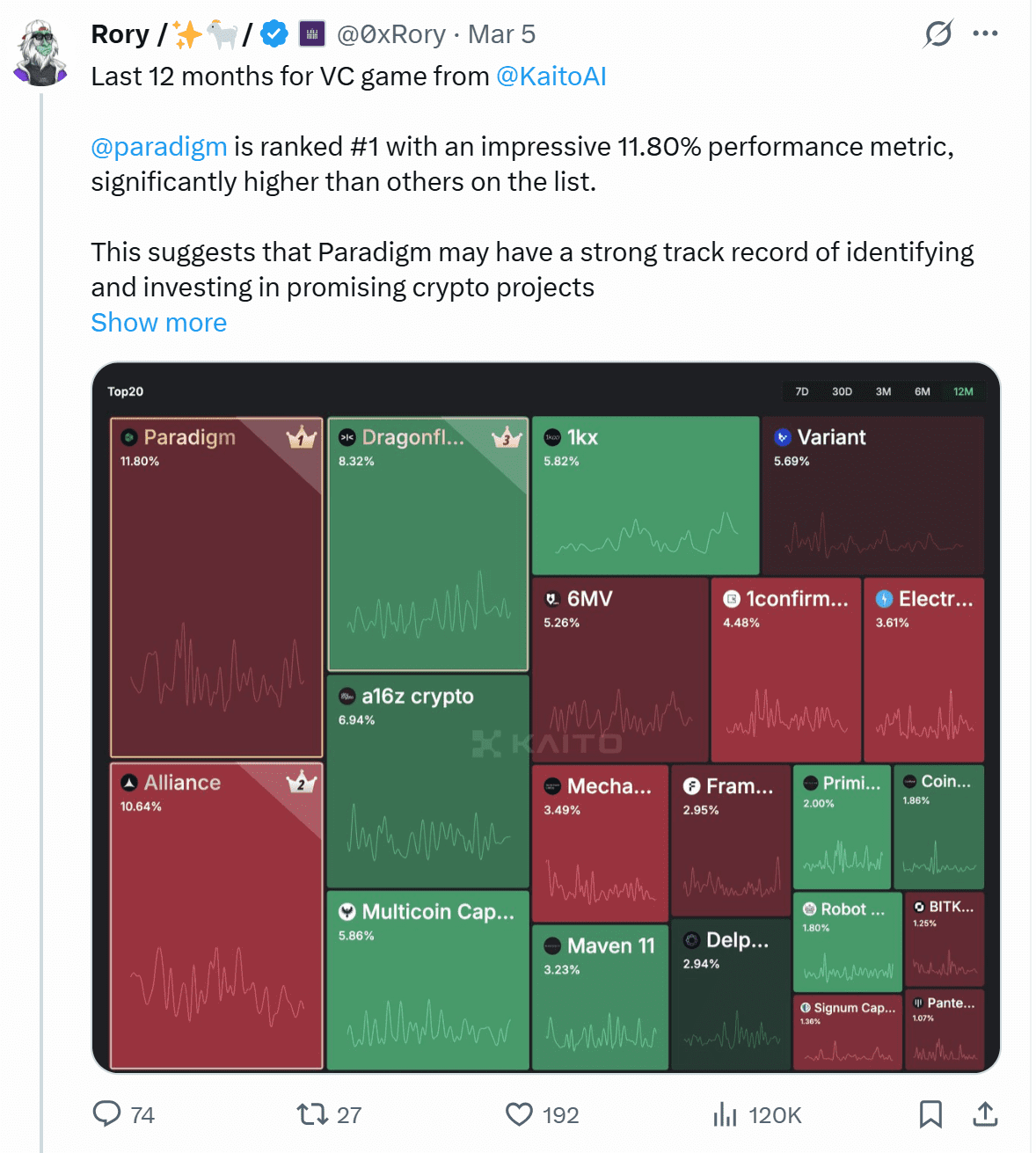Nous Research, a decentralized AI startup, has successfully raised $50 million in a Series A funding round led by Paradigm, a prominent crypto venture capital firm. This significant investment underscores the growing interest in the intersection of blockchain and artificial intelligence. Nous Research plans to utilize the funding to build open-source AI models powered by decentralized infrastructure on the Solana blockchain.
Key Highlights of the Funding and Project
- Funding: $50 million Series A, led by Paradigm.
- Valuation: Nous Research is valued at $1 billion token valuation.
- Previous Investors: Distributed Global, North Island Ventures, and Delphi Digital.
- Objective: Develop open-source AI models using decentralized infrastructure on Solana.
What is Nous Research?
Operating since 2022, Nous Research aims to revolutionize AI development by leveraging blockchain technology. The company’s primary goal is to create open-source AI models that rival centralized AI giants like OpenAI and DeepSeek. By utilizing decentralized infrastructure, Nous Research seeks to democratize AI development, making it more accessible and transparent.
How Solana Blockchain Powers Nous Research
Nous Research leverages the Solana blockchain to coordinate and incentivize global participation in training its AI models. Solana’s high throughput and low transaction costs make it an ideal platform for managing the complex processes involved in decentralized AI training.
Key benefits of using Solana include:
- Scalability: Solana can handle a large number of transactions, essential for managing distributed AI training.
- Low Costs: Reduced transaction fees incentivize broader participation in the network.
- Speed: Fast transaction speeds ensure efficient coordination of AI model training.

Nous Psyche: The Core AI Model
Nous Research is developing Nous Psyche, an AI model designed to leverage the collective computing power of a decentralized network. This approach differs significantly from traditional AI development, which relies on centralized data centers.
The Decentralized Approach to AI Training
Instead of relying on centralized data centers, Nous Research enables individuals worldwide to contribute idle computing power for AI training. Blockchain technology underpins this model, ensuring secure, incentivized participation while mitigating risks like data poisoning through features such as Byzantine fault tolerance.
Key components of the decentralized AI training model include:
- Global Participation: Individuals can contribute idle computing power.
- Blockchain Security: Ensures secure and transparent participation.
- Incentivized Rewards: Participants are rewarded for their contributions.
- Byzantine Fault Tolerance: Protects against data poisoning and malicious activities.
Quotes from Leadership
According to Karan Malhotra, co-founder of Nous Research, the company aims to create and serve the world’s best AI. The team plans to allocate the new capital toward scaling compute resources and advancing research.
Arjun Balaji, partner at Paradigm, emphasized that Nous Research’s open, community-oriented approach provides a powerful contrast to the closed, centralized efforts from incumbent labs.
Paradigm’s Role as a Leading Crypto VC
Paradigm is recognized as one of the top-performing crypto venture capital firms. In March, Kaito AI ranked Paradigm as the top-performing crypto VC over the past year, posting an impressive 11.80% performance metric.
Founded by Coinbase’s Fred Ehrsam and ex-Sequoia partner Matt Huang, Paradigm has built a strong reputation for spotting high-potential crypto projects early. Its portfolio includes leading DeFi platforms like Uniswap (UNI) and dYdX, as well as consistent backing for Ethereum scaling solutions such as Optimism.

The Future of Decentralized AI
Nous Research’s innovative approach to AI development has significant implications for the future of the industry. By decentralizing AI training, the company aims to create more accessible, transparent, and robust AI models. The backing from Paradigm further validates the potential of decentralized AI and its ability to challenge traditional centralized AI development models.
The success of Nous Research could pave the way for other decentralized AI projects, fostering greater innovation and competition in the AI landscape.